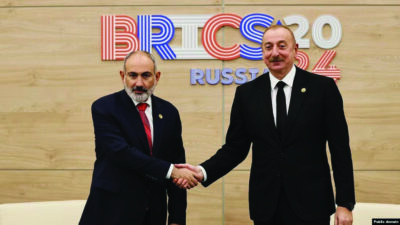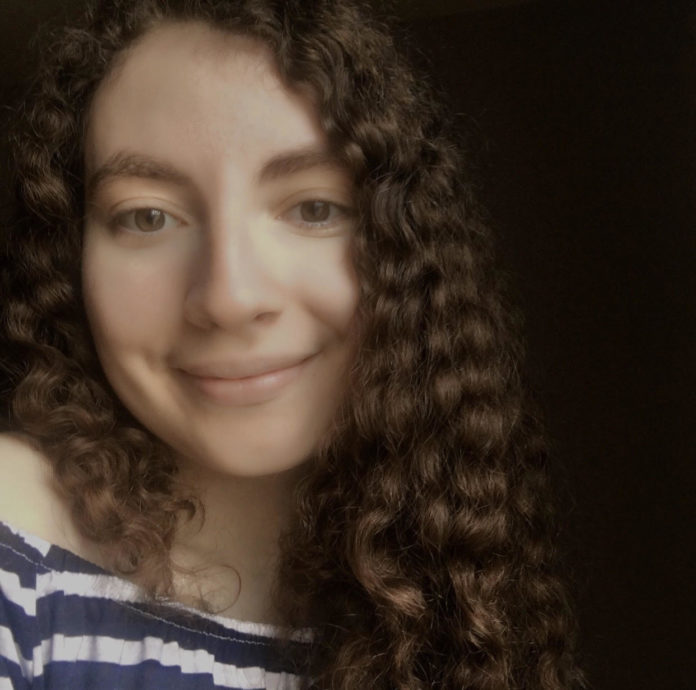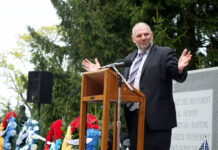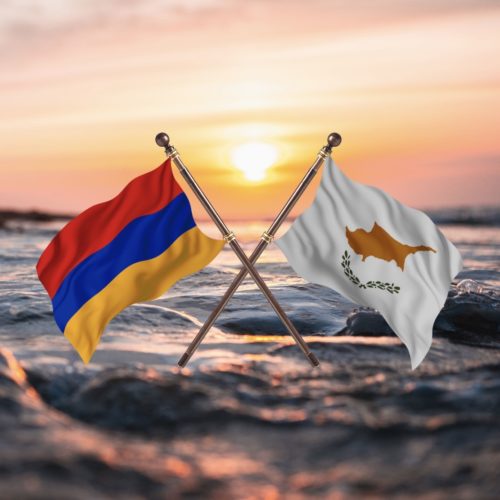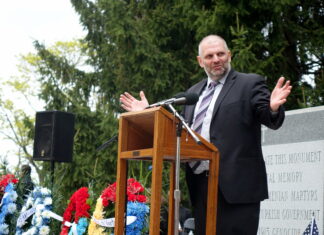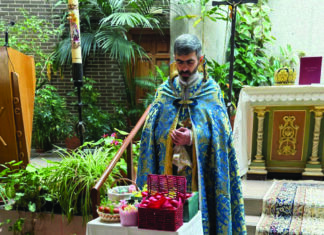By Angelina Der Arakelian
Special to the Mirror-Spectator
“So, where are you from?” This is a common question to which an Armenian born and raised in Cyprus cannot articulate a simple answer.
Armenians in Cyprus today date back from the aftermath of the Armenian Genocide in 1915, when thousands had migrated from the Ottoman Empire to the small Mediterranean island close by. But the history of Armenians present in Cyprus originated much earlier than that, with the first links between Armenia and Cyprus being formed in 578 AD. Following that, during the Middle Ages, Cyprus formed an extensive connection with the Armenian Kingdom of Cilicia.
At present, Armenians in Cyprus make up a small minority of about 3,500 out of the total population of 1.2 million. While a majority of Armenians are Cypriot born, about 1,000 have immigrated from the Republic of Armenia as well as other countries in the Armenian diaspora, such as Lebanon, Syria and Iran.
Mislabeled as a Religious Group
